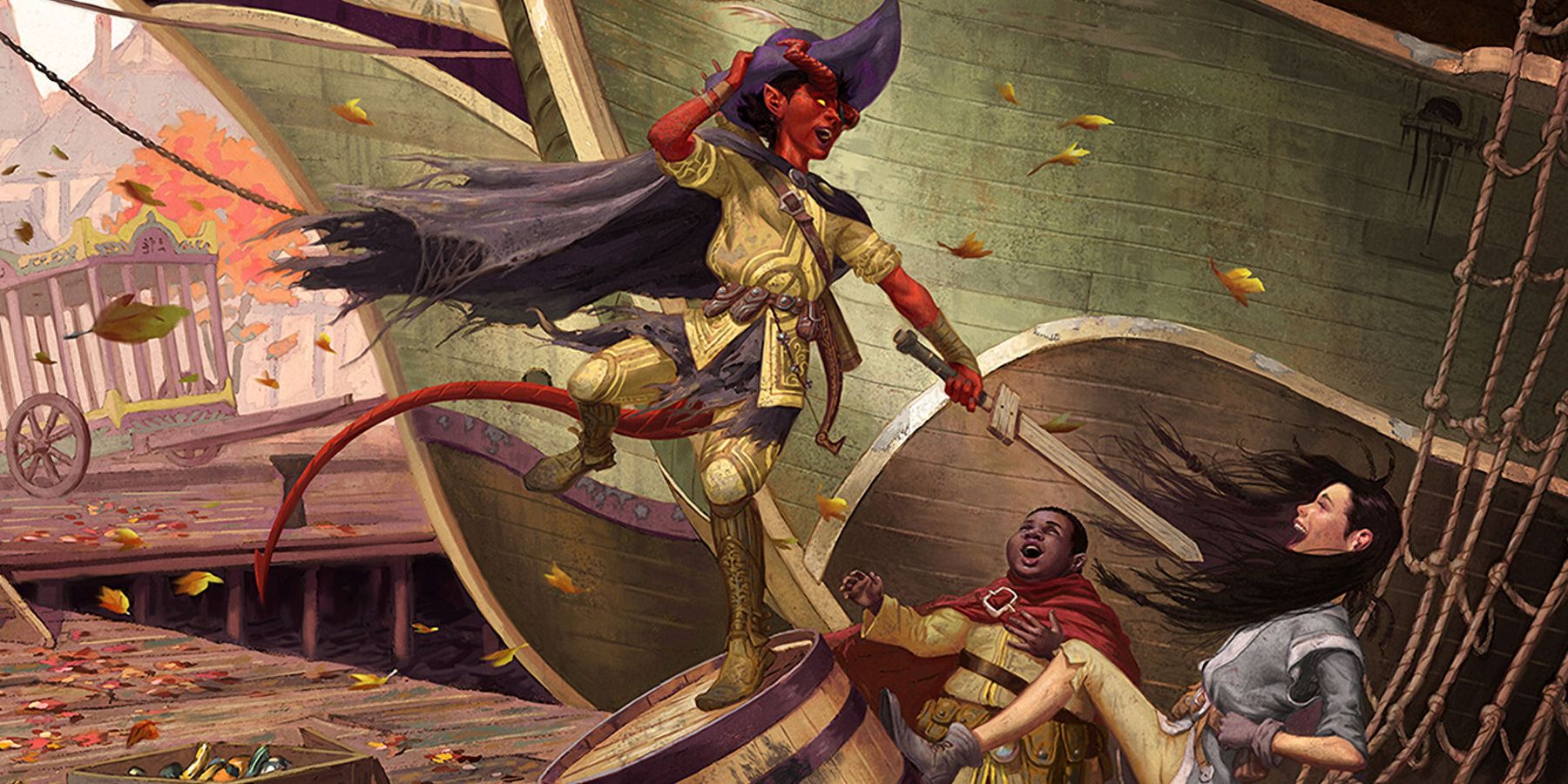
Every session of Dungeons & Dragons is different. Between meeting new characters, combating new foes and unearthing new adventures, chances are that no two sessions will be the same. That said, some universal prep work can make the difference between a memorable evening and one players can't wait to escape. Here are some things every Dungeon Master should prepare for each session.
Dungeons & Dragons offers players the unlimited freedom to make a custom character and pilot through a world brought to life by a DM. How great a session goes is entirely dependent on that DM and, to some degree, their prep work. With a few key considerations, DMs can ensure the session is fun and runs smoothly for all players.
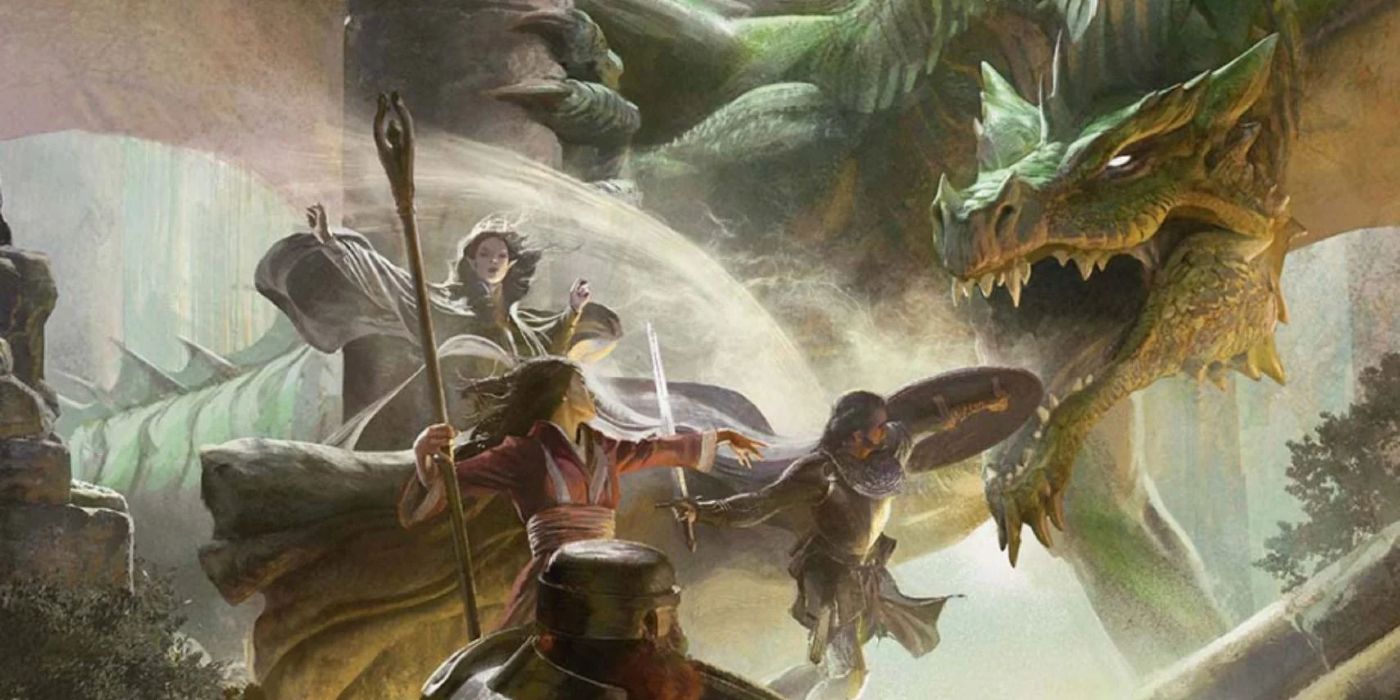
One of the most important things to consider when planning a D&D session is what players are likely to encounter during their playtime. Will they complete a series of tasks around a city or explore the depths of a crypt? It's important to know where the players will start and where they'll likely end, regardless of choices. This doesn't have to be specific, but should generally form a frame for the narrative. The players' actions will fill in the details.
Identifying how players will likely spend their time allows the DM to make sure crucial pieces of the setting get the spotlight they deserve. It also makes it much easier for the DM to incorporate each player's play style. Know your players are tackling a vampire castle next session? Ensure it offers opportunities for each player to use their class skills in and out of combat, don't worry about where the players are going next week.
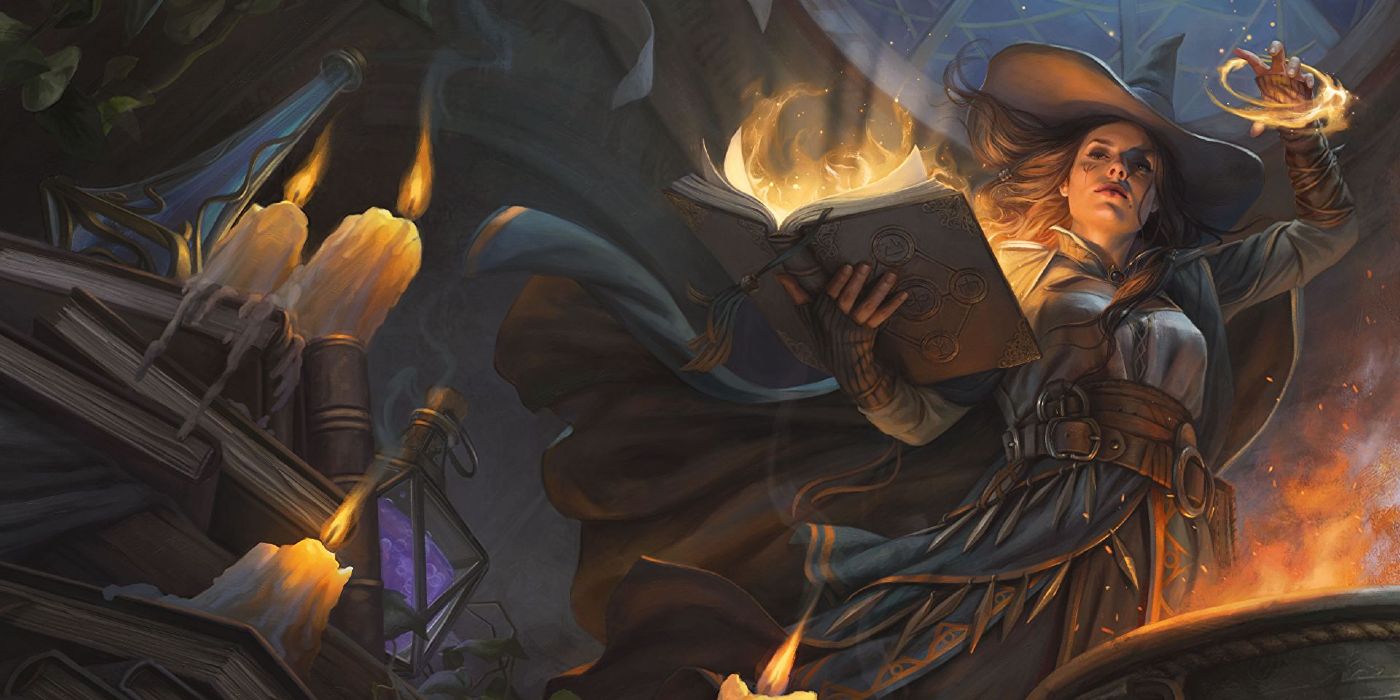
There are few things worse than taking the time to explore a side room or passage only to find that it leads to nothing. DMs should always reward player curiosity in-game. This doesn't have to come as a physical reward such as gold or items. Instead, additional narrative details are a prize all the same. Maybe something that sheds more light on the character's predicament or their setting's history?
Even in dire situations, there should be a silver lining. For example, suppose players decide to explicitly go down the dark, foreboding path they were warned to avoid. In that case, they should suffer whatever negative scenario the DM had in mind but walk away with more than they started with, whether that's a tangible reward or otherwise.
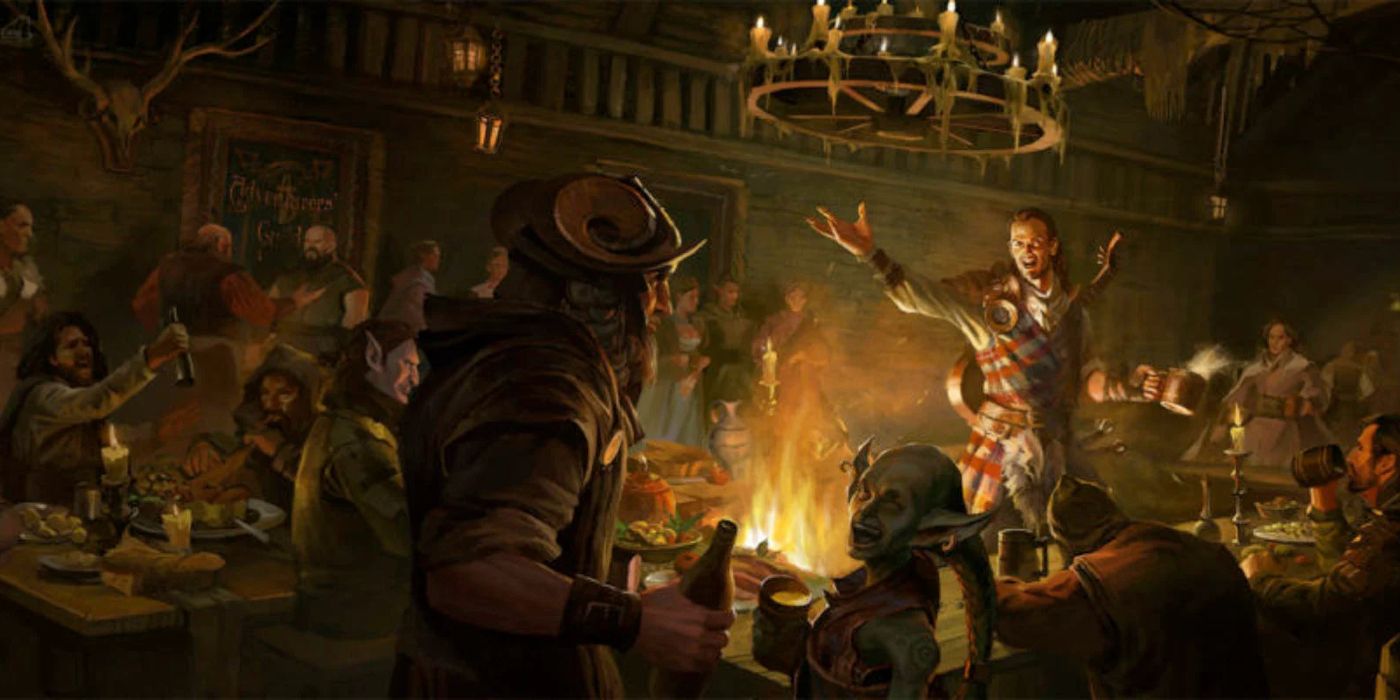
Every campaign should have a selection of NPCs the players can engage with. These conversations can lead to some of the most memorable moments in a session, bringing life and personality to the world's inhabitants. On the other hand, unprepared or poorly planned dialogue can create a real drag.
Hearkening back to the earlier suggestion to decide on the session's scope, knowing where players will go and who they'll encounter is the best advantage a DM can have when preparing dialogue. Characters don't need scripts written about their lives, but they should be fleshed out enough to answer common questions players might pose. It also couldn't hurt to create a list of the NPC's values and personality quirks to give them a little more life.
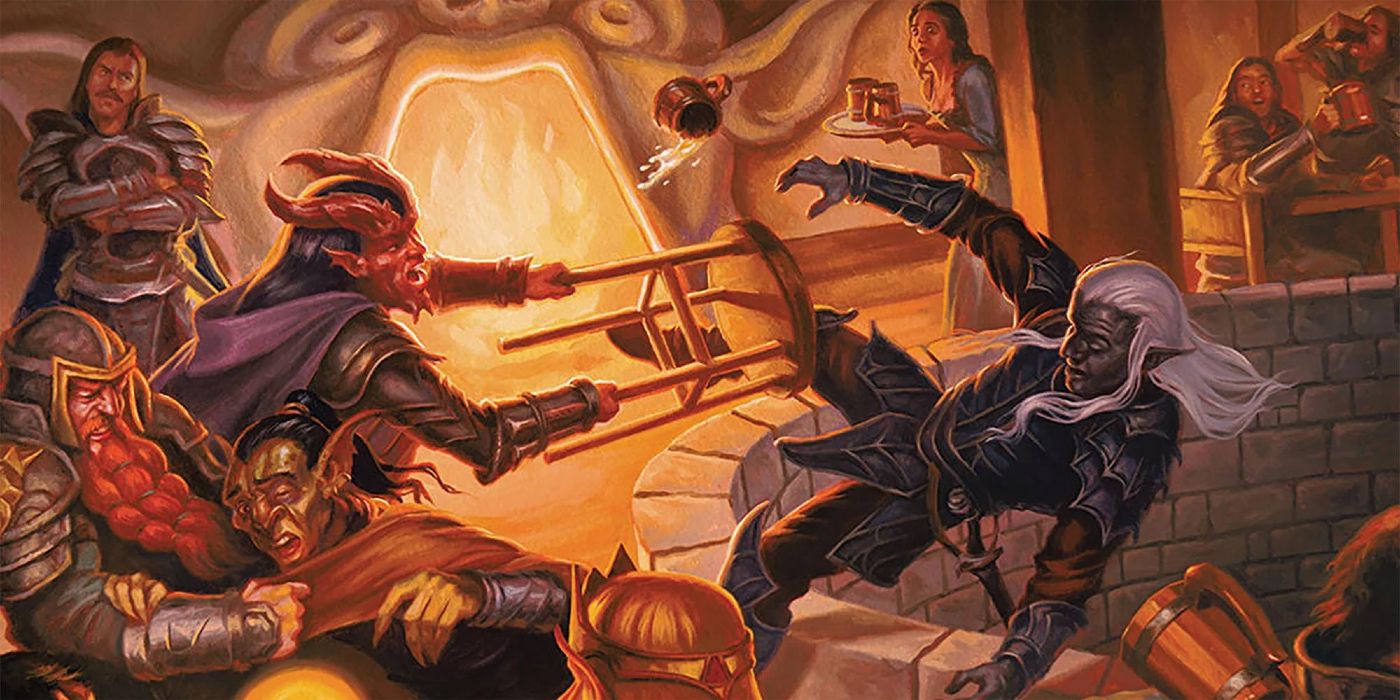
Every session, there's a chance the DM will have to contend with others in the group for several reasons. Perhaps one player is taking charge in all interactions despite others wanting to give their perspective, or another player is metagaming their every decision, which is drawing others out of their immersion. DMs will have to keep a cool head but take steps to solve the issue.
A DM can ask if any other players would like to attempt using a skill or engaging in conversation before allowing the repeat player to proceed. In other cases, resolution can come from establishing that anything said at the table is said by the character in-game, meeting unwanted chatter and metagaming with puzzled looks by NPCs. Whenever possible, course-correct with something that draws players back into the game.
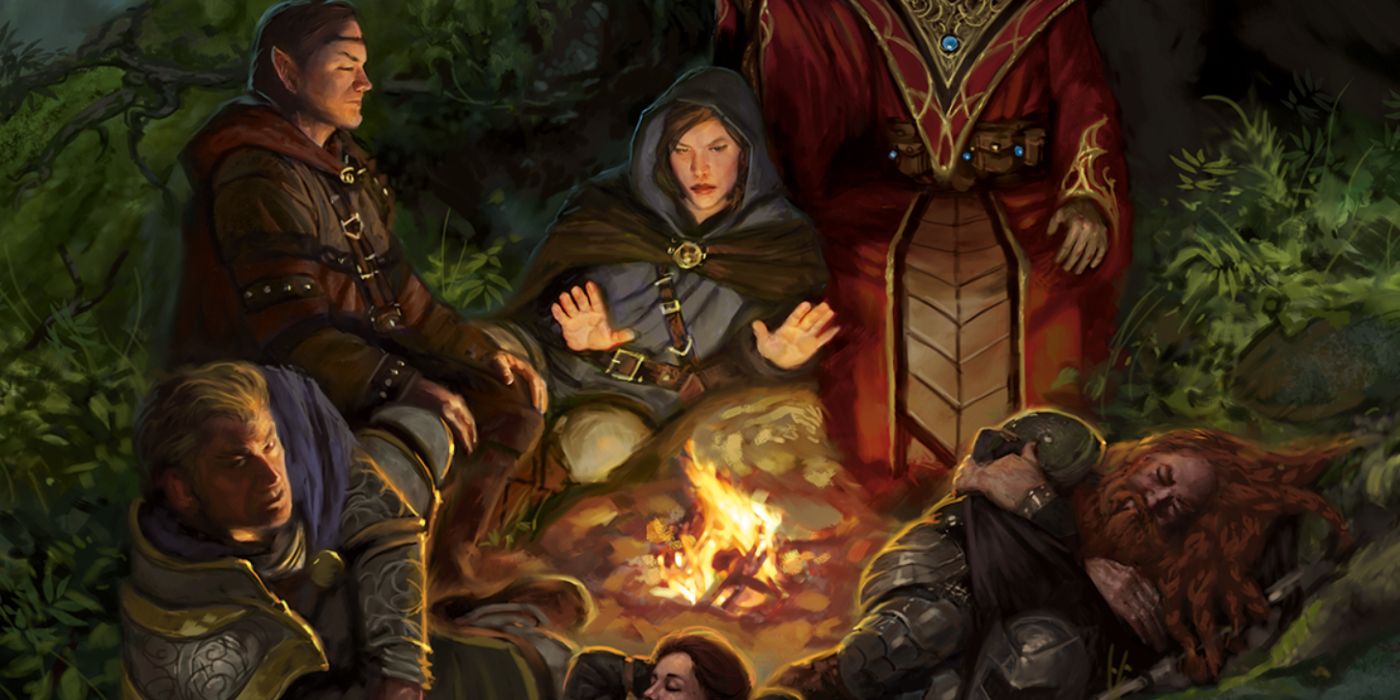
No D&D session goes exactly as the DM planned, and that's one of the things that makes the game so endearing. Sometimes, players can take a DM so far off the rails that they don't know how to go back. That's when things can start to fall apart. Every DM should have an emergency plan to get the game back on track.
Whether it's an NPC flagging down the party to plead for their aid with the main quest or a cursed item that prevents players from leaving the city they're in, creative ways to keep players focused on the task at hand can become a fun part of the session. If all else fails, a gentle reminder that the prepared content is what they're avoiding gets things in order.
0 Comments